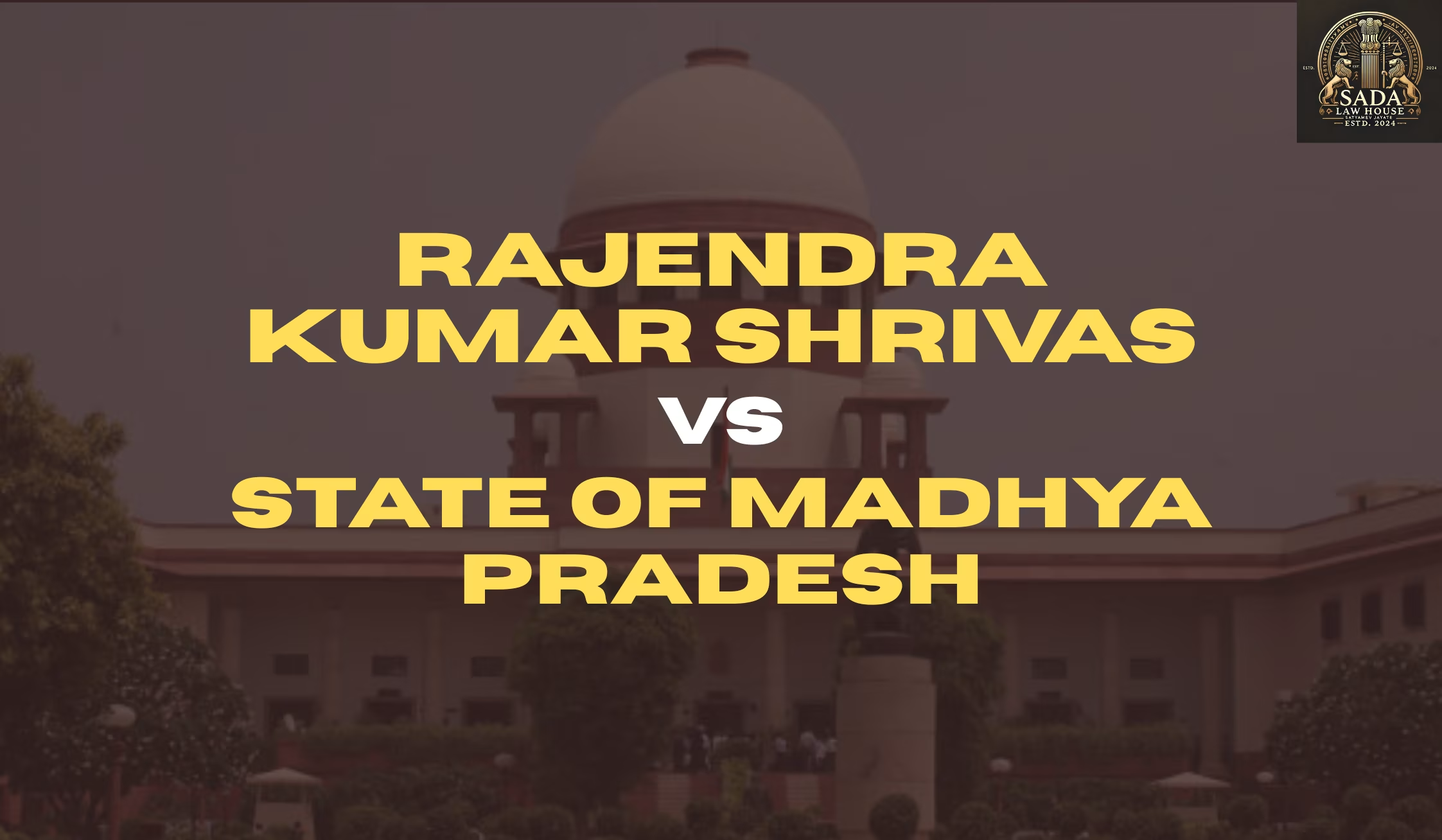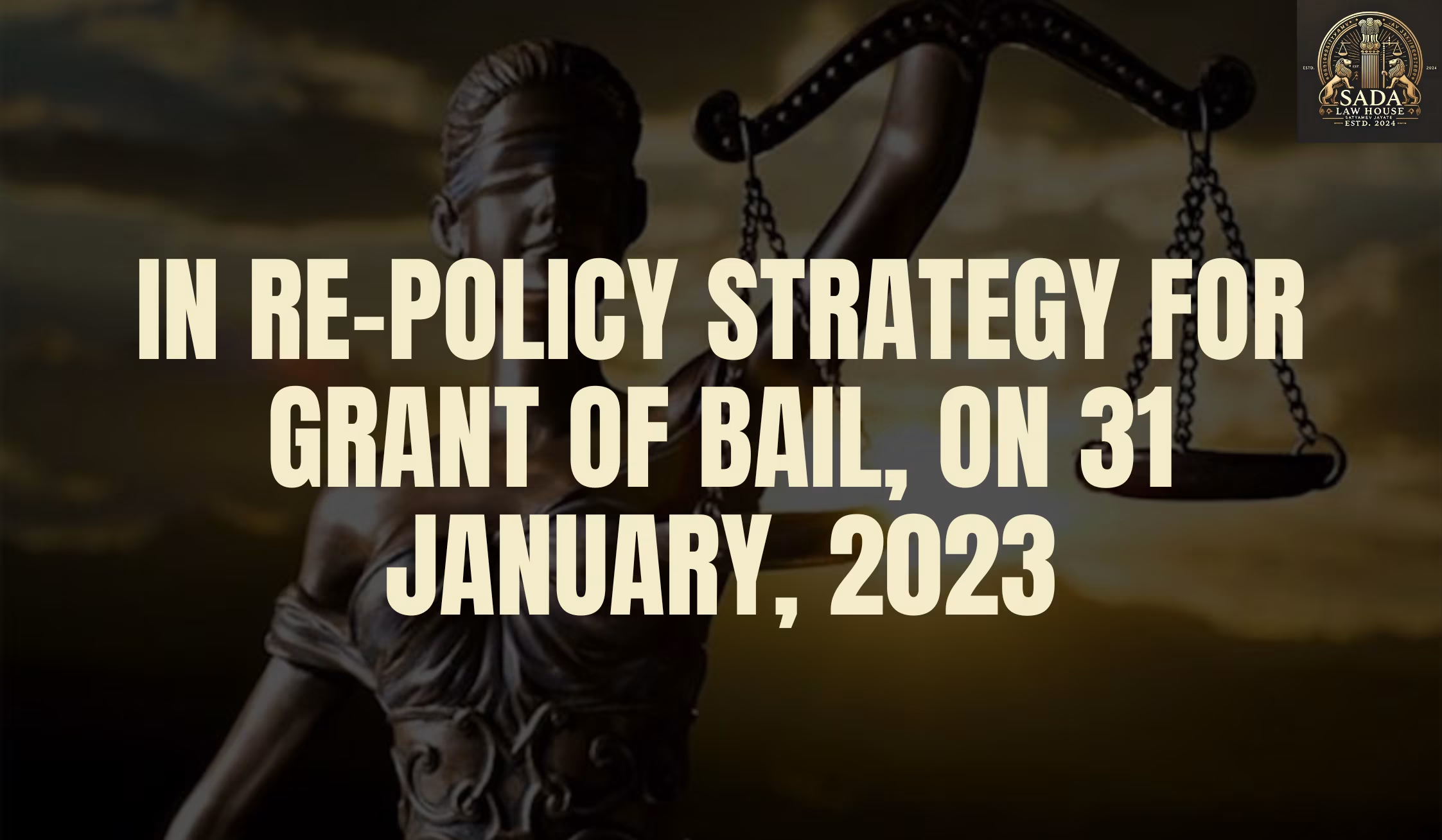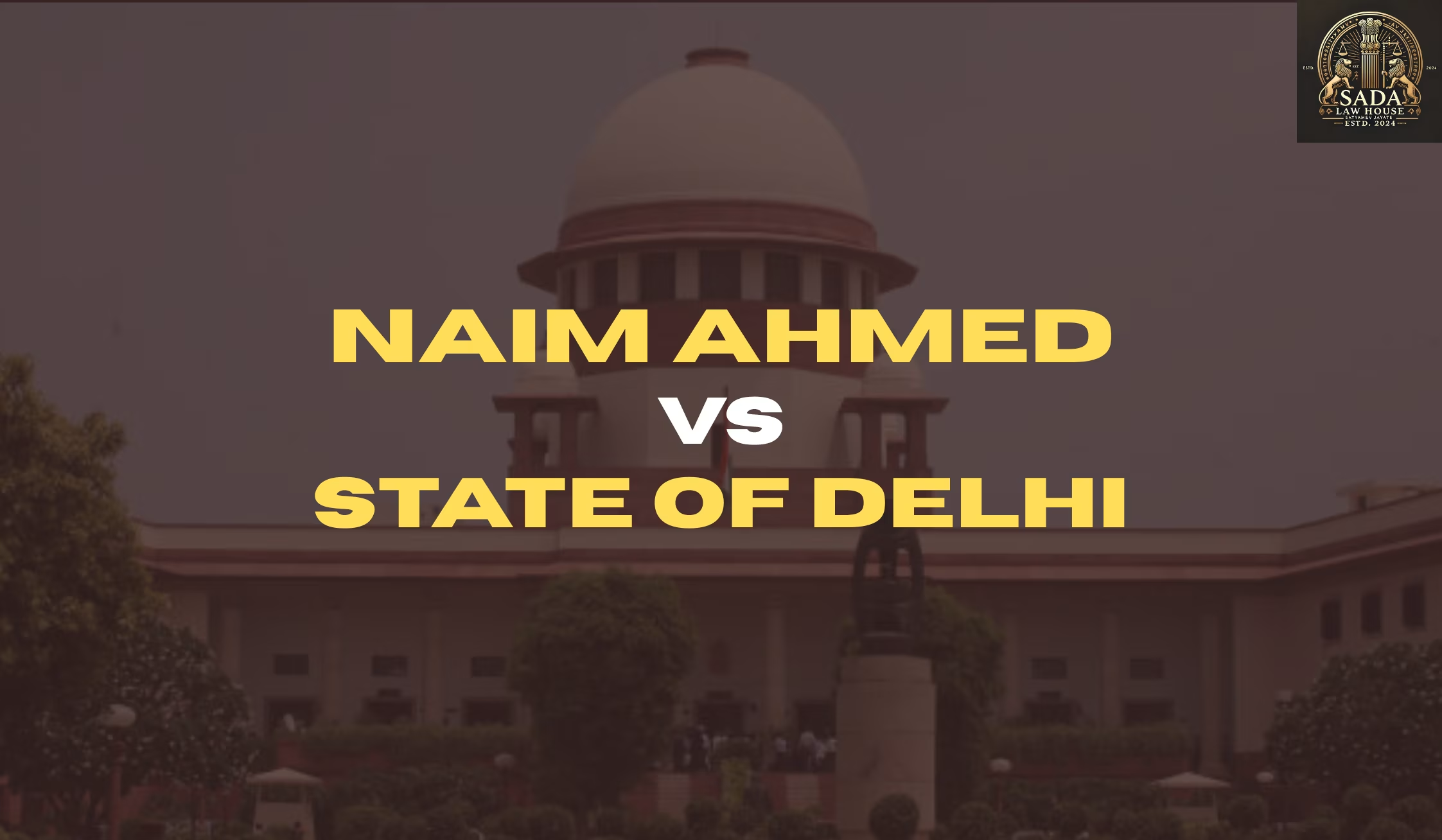Supreme Court Increases Permanent Alimony to ₹50,000 Monthly, Ensuring Ex-Wife’s Marital Standard of Living
- Prabhat Kumar Biltoria
- 02 June 2025

The Supreme Court of India raises permanent alimony to ₹50,000 per month, ensuring an unmarried ex-wife’s maintenance reflects her marital standard of living. Read the full Rakhi Sadhukhan v. Raja Sadhukhan case update and legal insights on spousal support.
Supreme Court’s Landmark Ruling on Alimony Increase
The Supreme Court of India recently issued a significant judgment increasing permanent alimony payments to ₹50,000 per month in the case of Rakhi Sadhukhan v. Raja Sadhukhan. This ruling nearly doubles the amount previously granted by the Calcutta High Court, highlighting the Court’s commitment to ensuring that an unmarried ex-wife’s maintenance supports a lifestyle comparable to her standard of living during marriage.
Background of the Case: Rakhi Sadhukhan v. Raja Sadhukhan
Married in 1997, Rakhi and Raja Sadhukhan separated in 2008 after years of marital discord. The Calcutta High Court had initially awarded Rakhi permanent alimony of ₹20,000 monthly, subject to a 5% increase every three years. Dissatisfied with the amount, Rakhi appealed to the Supreme Court of India, arguing that the sum did not reflect her husband’s financial capability nor her marital lifestyle.
Supreme Court’s Decision: Key Highlights
Alimony Reflecting Marital Standard of Living
The Supreme Court of India bench, led by Justices Vikram Nath and Sandeep Mehta, recognized that Rakhi, who remains unmarried and lives independently, deserves maintenance aligned with the standard of living she enjoyed during the marriage. The Court increased the alimony to ₹50,000 per month with a 5% increment every two years to account for inflation and rising living costs.
Husband’s Financial Status and Obligations
The Court took into consideration Raja Sadhukhan’s net monthly income of ₹1.64 lakh, employed at the Institute of Hotel Management, Kolkata, and ruled that he is capable of paying the enhanced alimony despite his other financial responsibilities, including support for his second wife and elderly parents.
Maintenance for Adult Children Clarified
Since the couple’s son is now 26 years old and financially independent, the Court clarified there is no legal obligation for mandatory maintenance towards him. However, voluntary support for educational or other reasonable expenses remains an option. The son’s inheritance rights remain intact under applicable laws.
What This Means for Spousal Maintenance Law in India
This Supreme Court of India ruling reinforces that maintenance awarded post-divorce must ensure the ex-wife can maintain a lifestyle reasonably similar to her marital life, especially if she remains unmarried. It also sets a precedent for courts to consider inflation and financial disclosures in alimony decisions.
Conclusion: Ensuring Fair and Adequate Alimony
The Supreme Court of India’s decision in Rakhi Sadhukhan v. Raja Sadhukhan underscores the importance of fair spousal maintenance that balances financial capabilities with the rights of the ex-spouse. By increasing the permanent alimony amount, the Court emphasizes securing the financial future of unmarried ex-wives and preserving their dignity post-divorce.
Case Laws







